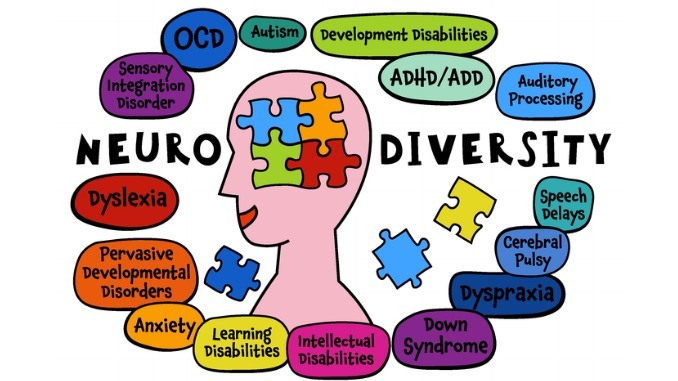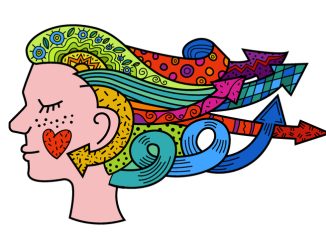
Understanding and accommodating neurodiversity not only enhances patient care but also fosters a supportive workplace culture where all staff can thrive. Practice managers play a pivotal role in creating inclusive environments within healthcare settings, ensuring that both patients and staff receive the support they need to excel
CREDIT: This is an edited version of an article that originally appeared on RCGP
Neurodiversity encompasses various neurotypes, including both neurotypical and neurodivergent individuals, highlighting the diversity in human brain function and structure. Conditions such as ADHD, autism, and dyslexia fall under the neurodivergent spectrum, each presenting unique challenges and strengths.
Significance in general practice
With an estimated 20% of the population being neurodivergent, recognising and supporting neurodiversity in general practice is crucial. Unaddressed neurodivergence can profoundly impact personal, academic, and professional aspects of life, underscoring the need for comprehensive and timely interventions.
Challenges across multiple settings emphasise the importance of comprehensive and timely support and treatment strategies. Evidence shows that co-occurrence of neurodivergent conditions is the rule rather than the exception and that neurodivergence forms part of a wider collection of inter-related health conditions. These include connective tissue disorders, dysautonomia (e.g. postural tachycardia syndrome), chronic pain, chronic fatigue and many gastrointestinal conditions.
GPs are well-placed to recognise neurodiversity in patients for whom we struggle to categorise their difficulties: those for whom there are several associated mental health conditions such as depression and anxiety; and those who struggle with emotional dysregulation.
If we start to see patients through a neurodiversity lens, we can consider what support the patient needs to thrive, rather than view their difficulties as problems to be solved or diagnoses to be reached.
Why are diagnoses soaring?
Awareness has soared, but there is no evidence that prevalence has changed. The debate often focuses on whether diagnostic thresholds or standards have dropped, rather than addressing patient needs. This, combined with few specialist services, means that more people are likely to present to their GP.
In conclusion, embracing neurodiversity in general practice is not just a matter of recognition but a call to action for comprehensive support and understanding. As diagnoses soar and awareness increases, it’s imperative for practices to foster an environment of acceptance and collaboration, ensuring that every patient receives the tailored care and support they deserve. Through continued education, collaboration, and a patient-centred approach, we can strive towards a more inclusive and supportive healthcare system for all.


Be the first to comment